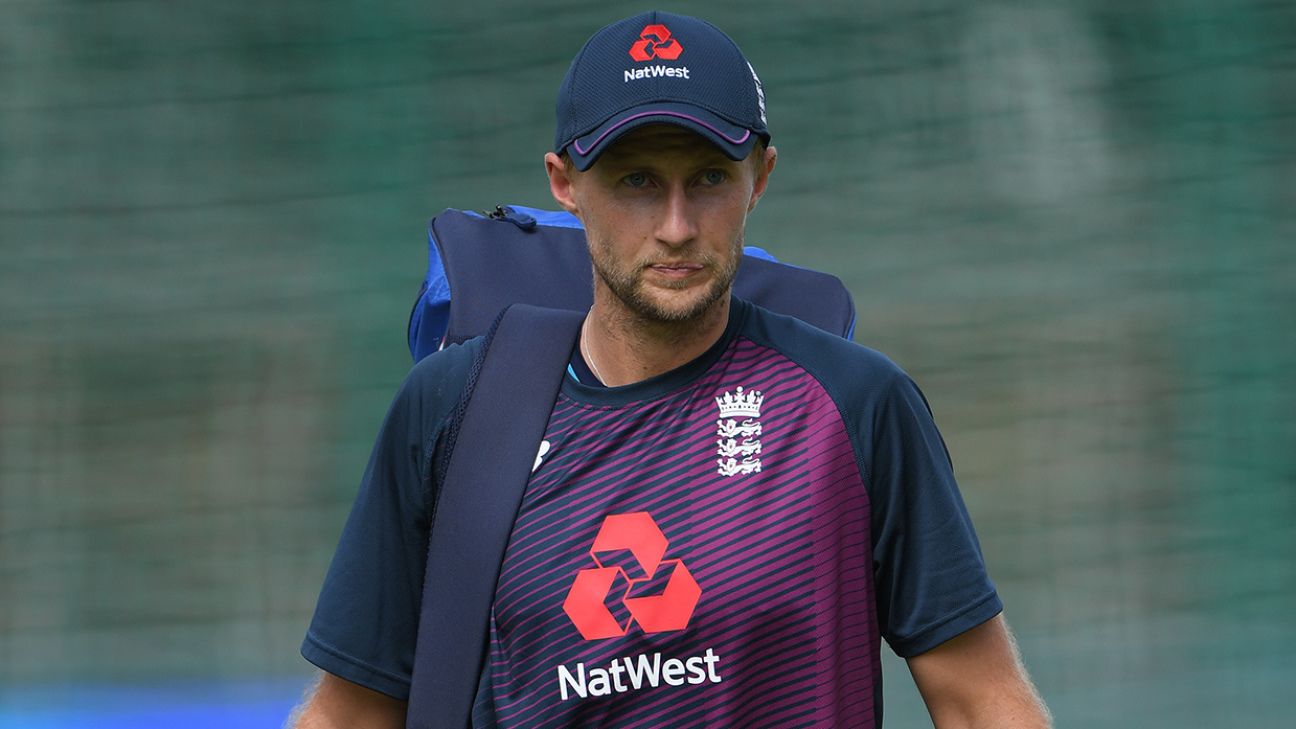
The return of international cricket came a step closer on Wednesday, as the UK government outlined its plans for a resumption of training as the nation comes to terms with its 'new normal'. In the hope of both minimising the risk to players and support staff as well as attempting to minimise the pressure the return of elite sport could place on the wider community and the healthcare sector, in particular, the Department for Digital, Culture, Media & Sport (DCMS) has, in partnership with Public Health England (PHE) and various sports governing bodies, issued protocols - "recommended minimum practice," as they put it - that must be observed. Here ESPNcricinfo examines the main points in the document.
The guidelines are split into two steps. As a first step, training will consist of "a return to a level of organised individual programme training in a defined performance facility while adhering to the government social distancing advice." That means individuals will be expected to train either on their own or, more realistically, in the same net area or gym but while observing current social distancing.
It is understood players will be expected to report to their nearest county ground - travel to training venues is permitted under this step - where they will meet (at a safe distance) one coach and one medic, equipped in full personal protective equipment (PPE).
A progression to step two will only occur when Public Health England (PHE) decide it is safe to do so. At this stage, it is unwise to try and put a firm date on that, but it could well be the start of June.
This step will be characterised by the allowance of 'social clustering' within the training environment where small groups of athletes and staff will be able to interact in much closer contact. In football this is understood to include tackling, so it is reasonable to conclude that, in cricket terms, it will include fielding in close formation - such as slip catching - and closer contact with the coaching team.
ALSO READ: Reservations about playing during pandemic 'won't be held against you' - Buttler
The ECB (and any venues used as training centres) will be expected to appoint both an Accountable Officer and a Covid-19 medical officer who will take the lead in managing the sport's adherence with government guidelines. The medical officer will also be expected to oversee the return to training of anyone who has either had or had symptoms of the virus.
A risk assessment - and risk mitigation plan - must be completed before the resumption of first-step training. Among the issues to be included in this is ensuring all players and support staff are "formally appraised of the risks and all mitigating steps being taken" while "a clear position" must be defined on how those "deemed vulnerable" or in a household with vulnerable members, interacts with the training environment.
Additionally, this assessment will have to outline how Covid-19 screening will take place before each entry to the training environment. This will include "a questionnaire and temperature check as a minimum."
Protocols on managing anyone who "becomes symptomatic at the venue" will also be required, as will the supply of full PPE for the relevant medical staff.
And while the ECB will be expected to ensure an "appropriate level of medical staffing" and access to emergency assistance, they will also be expected to reduce the risk of burden to the National Health Service. These plans will also need to detail how equipment will be suitably disinfected.
Other factors to be included are measures to maintain "social distancing and appropriate hygiene measures" in the training environment, determining maximum capacity levels and how the area will be cleaned between uses.
The ECB (and host venues) will also be expected to brief players (and support staff) thoroughly ahead of any return to training and then allow them to opt out without any consequences.
The ECB are also expected to communicate any updates on protocols in a timely and clear manner. These support staff are understood to include drivers, caters, cleaners and security officers. Written consent will need to be provided to confirm that all involved have actively opted into involvement in the process.
If a known or suspected case of Covid-19 should occur in the training environment, the individual in question will be placed in isolation. Anyone who has been in contact with them will also be expected to isolate in line with government advice. At present, that states that anyone displaying symptoms should isolate for at least seven days even if those symptoms do not reoccur or worsen and that, if you have been in close contact with someone displaying the symptoms, you should "stay home" for 14 days.
Anyone deemed "clinically extremely vulnerable" should not engage in training - or any support activity - outside their own home. Nobody beyond the players and those staff deemed essential will be allowed to enter the training site.
Meanwhile, venues utilised for training centres must not compromise any ongoing usage of their facility by the NHS (or other key workers) in an attempt to facilitate the resumption of training. The venues will require deep cleaning before the arrival of players or staff and before and after each session they are present and between sessions if more than one team is in attendance. All cleaning staff will require appropriate levels of training and PPE.
A single liaison officer will need to be appointed by each venue, each day to ensure a single interaction point between teams and venues. Interaction should be kept to an essential level.















 Phone: (800) 737. 6040
Phone: (800) 737. 6040 Fax: (800) 825 5558
Fax: (800) 825 5558 Website:
Website:  Email:
Email: 






